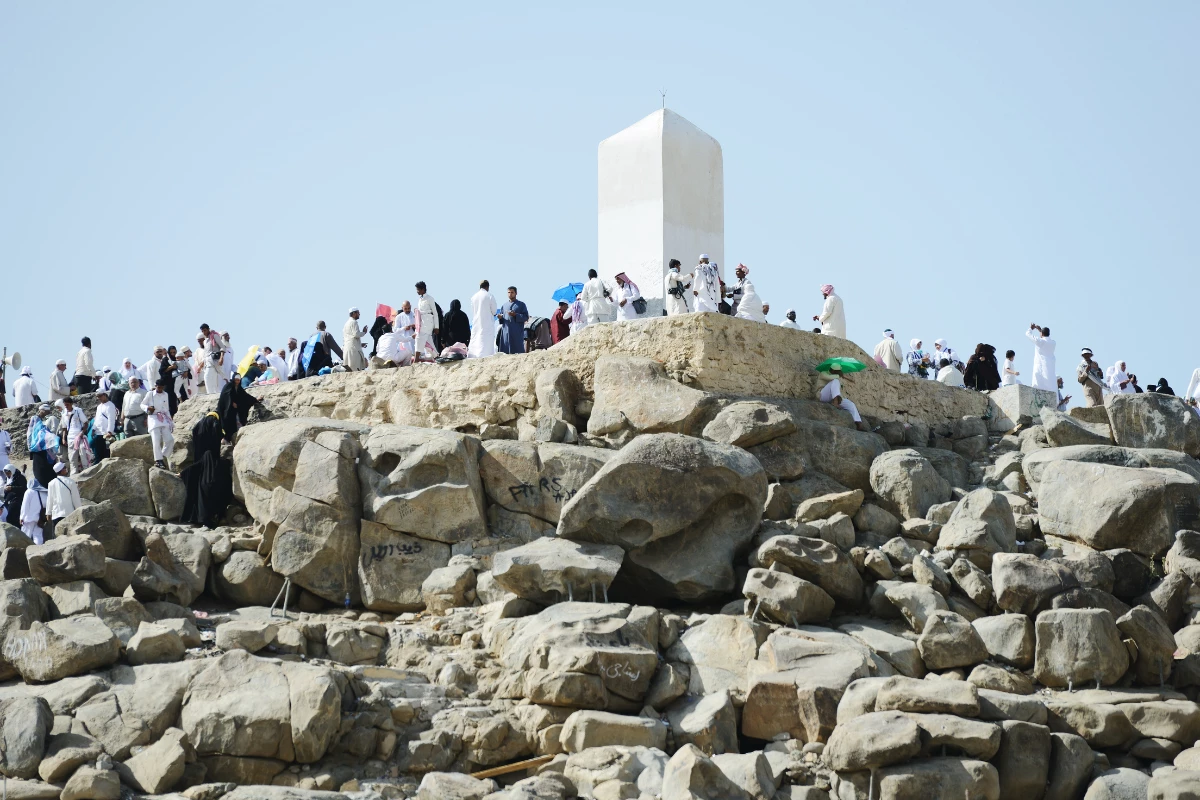
The Day of Arafah, perhaps of the most consecrated day in Islam, holds gigantic significance for Muslims around the world. This day falls on the ninth of Dhul-Hujjah, the last month of the Islamic schedule. It denotes the zenith of the Hajj journey, where a great many travelers assemble at the plain of Arafat to play out an interesting demonstration of love. Yet, what is the Day of Arafah, and for what reason is it so huge for Muslims?
The Authentic Setting of the Day of Arafah
To comprehend the meaning of the Day of Arafah, we should initially dive into its set of experiences. This consecrated day is established in the account of Prophet Ibrahim (Abraham, harmony arrive) and his unfaltering commitment to Allah. It is likewise the day when Prophet Muhammad (harmony arrive) conveyed his last lesson, tending to a monstrous get-together of Muslims during his Goodbye Hajj.
Key Facts about the Day of Arafa
| Date | Location | Significance | Duration |
|---|
| 9th of Dhu al-Hijjah (Islamic lunar calendar) | Mount Arafat, near Mecca, Saudi Arabia | Climax of the Hajj pilgrimage | From dawn to sunset |
The Otherworldly Meaning of the Day of Arafah
1. A Day of Pardoning
The Day of Arafah is frequently alluded to as the “day of pardoning.” Muslims accept that Allah slides to the closest paradise and excuses the people who earnestly atone. The Prophet Muhammad (harmony arrive) said, “There is no day on which Allah liberates a bigger number of individuals from the Damnation than the Day of Arafah.”
2. Fasting Upon the arrival of Arafah
2. Fulfillment of Religion
It was Upon the arrival of Arafah that the refrain from the Quran was uncovered: “Today I have consummated for you your religion and finished My approval upon you and have supported for you Islam as your religion” (Surah Al-Maidah 5:3). This refrain denoted the culmination of the message of Islam, making the day generally huge.
How Is the Day of Arafah Noticed?
1. The Explorers’ Stand at Arafat
The feature of Hajj is the social affair at Arafat, where pioneers perform Wuquf (standing). They go through the day vigorously petition, looking for pardoning, and making dua (requests). This demonstration of dedication is the quintessence of the Hajj journey.
2. Demonstrations of Love for Non-Travelers
Muslims overall take part in demonstrations of love Upon the arrival of Arafah, including fasting, extra supplications, and Quran recitation. It’s a chance to detach from interruptions and spotlight on looking for Allah’s pleasure.
3. Petitions and Duas
The Prophet Muhammad (harmony arrive) underlined the force of duas on this day, expressing, “The best petition is the request Upon the arrival of Arafah.” Whether at home or at Arafat, Muslims spill their guts to Allah, requesting pardoning, direction, and favors.
Normal Inquiries Concerning the Day of Arafah
1. Will non-explorers take part in the gifts of Arafah?
Indeed, totally! Non-travelers can quick, implore, and participate in demonstrations of love to acquire the tremendous awards of this day.
2. Imagine a scenario in which somebody can’t quick.
In the event that fasting is unimaginable because of wellbeing reasons, center around different demonstrations of love, for example, imploring, making dua, or giving foundation. Each demonstration of dedication is important.
3. For what reason does the date of Arafah change every year?
Call to Action: Embrace the Favors of Arafah
As we approach this sacred day, immediately take advantage of the chance to look for Allah’s kindness and endowments. Whether through fasting, supplication, or thoughtful gestures, each work counts.
At Online Quran Islam Academy, we offer courses to assist you with grasping the more profound implications of Islamic lessons. Select today and venture out toward a nearer relationship with Allah.
For extra assets, visit confided in destinations like Islamic Locater or Al-Islam.





Learn Quran Online for Kids and Adults » Online Quran Islam Acadmey
[…] children and adults. For kids, We offer engaging and interactive lessons that make learning the Quran enjoyable and effective. Our curriculum includes fun activities and age-appropriate methods to help […]